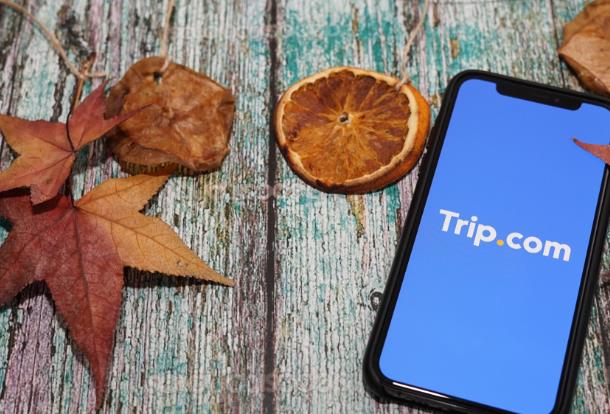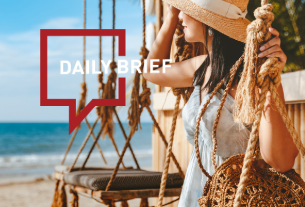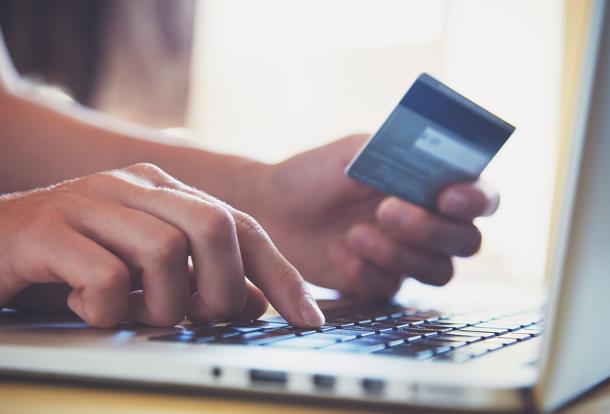The ability for brands to create bespoke experiences for the watch, combined with the ecosystem that allows seamless ease of use for iPhone users, will enable the Apple Watch to truly take off. From fitness to phone calls to one-touch, hands-free payment through Apple Pay, the watch is about to take centre stage in day-to-day life.
Picking up from its mobile adoption velocity, the travel industry has been quick to embrace the Apple Watch.Companies such as American Airlines, Air New Zealand, Expedia, Uber, Trip Advisor and Starwood Hotels have already produced offerings for the smart watch.
Travel companies are now more aware of the technology their customers use and are developing a strategy to make sure they’re playing an effective role across a number of different channels.
The multiple travel companies featured prominently in the launch indicate an awareness in the industry that this technology will have a big impact. The Starwood Hotel demo showed that guests could use the watch to check in to their W Hotel room and even unlock the door.
From this, we could see hotel rooms becoming much more customised. For example, by using wearables to check in to a hotel, a ‘connected room’ can immediately be configured exactly how a guest would like it. Lighting, air temperature, preferred music or TV channel can all be automatically set for regular travellers, turning a hotel room into a home away from home.
If the watch can unlock your room, then it can surely also provide access to guest-only facilities, such as the gym. This allows the hotel to deliver targetted up-sell messages to guests.
For example, the concierge desk could get a notification that a guest has entered the gym and then send them a notification seeing if they’d like to book a massage after their workout.
If the guest accepts, the appointment is put in their calendar and added to their final bill, which is of course settled using Apple Pay.
The airline industry is also developing for the Apple Watch, and we expect to see a plethora of airlines present in the Apple Watch app store very soon. Airlines need to keep in mind the consumer journey on a smartwatch, develop offerings that take advantage of the watch.
Based on airline smartphone app functionality and usage, many watch-focused apps from airlines are bound to act as boarding cards.
However, there are plenty of other possible functions for an airline on a smartwatch.
Air New Zealand’s phone app enables wearers to order coffee to their seat in the airline’s lounges, so take this a step further and instead of ordering on screen, it’s not too much of a leap to allow travellers to order drinks and snacks directly to their in-flight seat without disrupting their entertainment.
The first generation of Apple Watch apps will only be a representation of how companies are assuming people will use the gadget. When consumers and businesses get their hands on the technology, we’ll see use cases emerge from places we’d never expect.
Looking back at how apps have changed over time as smartphone usage increased and changed, it is inevitable that the same will happen with smartwatches. By moving quickly to adapt to this, the travel sector can make the most of the opportunities this technology has to offer.
NB: This is an analysis by Emma Crowe, chief of client strategy at Somo.
Read original article




